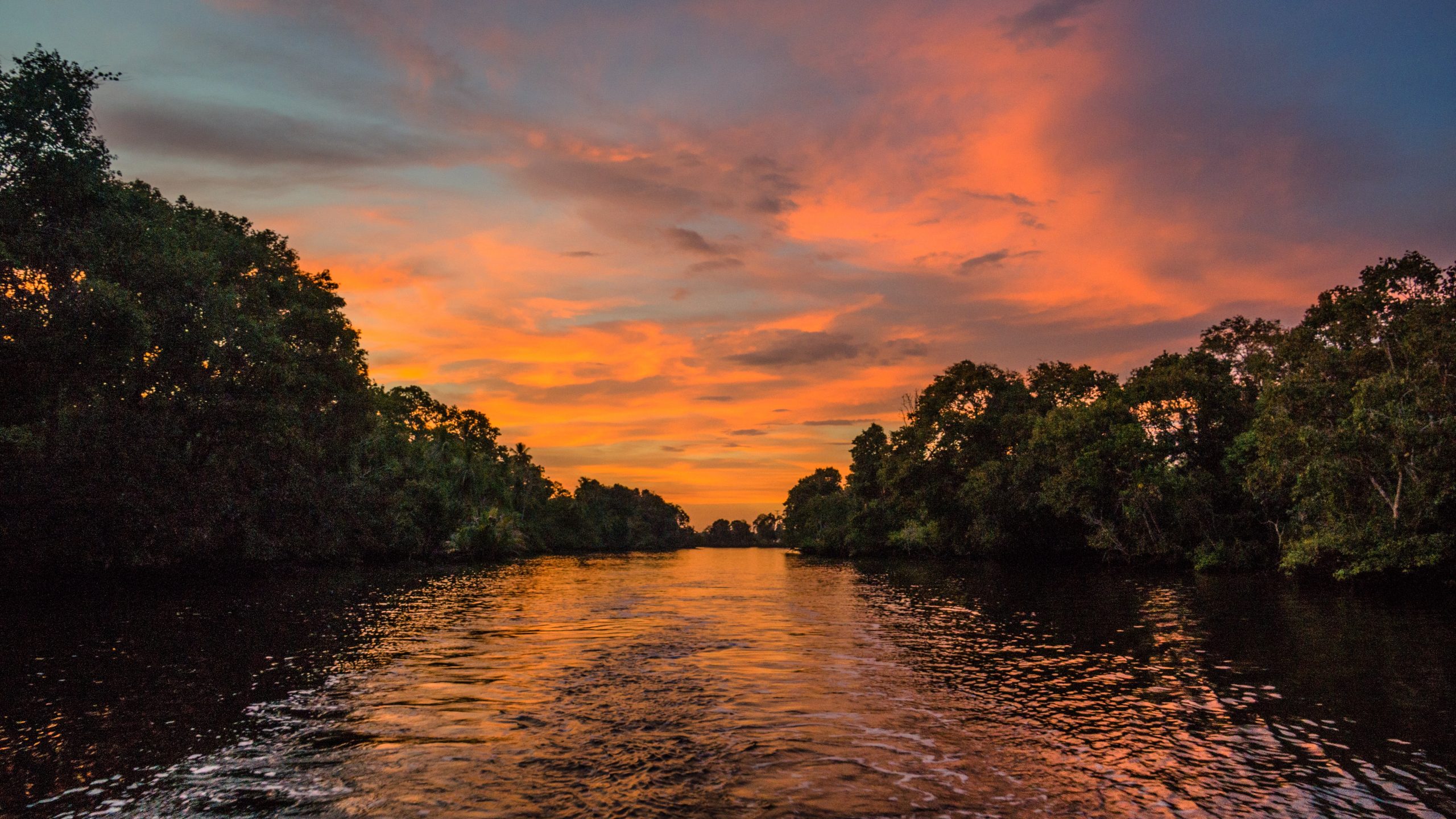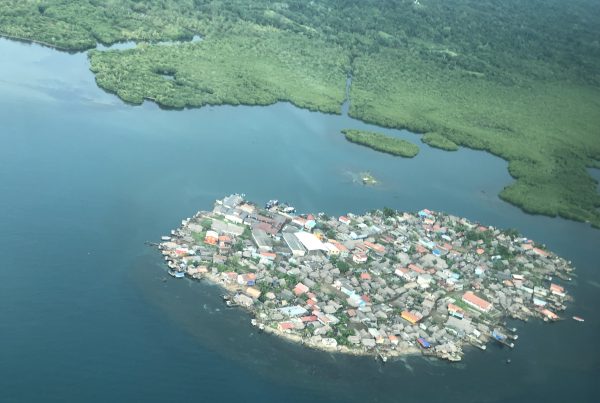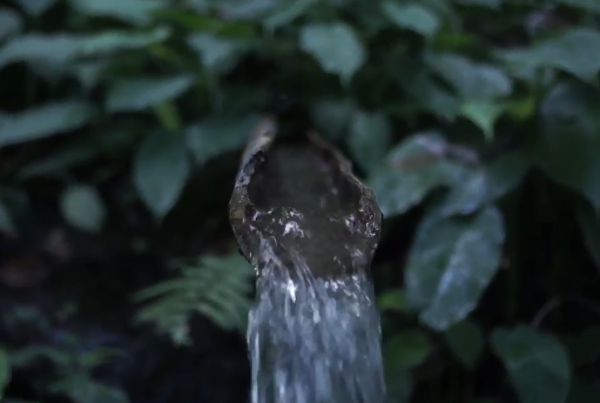The villages around the Telaga River in Pitas, Sabah, Malaysia depend on the local mangroves for their livelihoods, through farming, fishing and foraging.
However, their way of life has been threatened by a shrimp project that is being promoted by the Malaysian Government, allegedly to reduce poverty in the area. The project, operated by Sunlight Inno Seafood Sdn Bhd, a joint venture between state-owned Yayasan Sabah and a private investment firm, had been dogged by controversies from the start.
Between 2012 to 2014 1,000 hectares of pristine mangrove forest were clear-felled to make way for the aquaculture project. The six affected communities, with a population of approximately 3,000, complained that the mass-clearance meant important breeding ecosystems for the species that they depend on were destroyed. Promises of jobs generally failed to materialise. After complaints from the villagers and environmentalists the company was fined for failing to obtain an Environmental Impact Assessment (EIA) report for the swamp clearing in 2013 and ordered to stop work until an EIA was submitted. However, to the consternation of villagers the subsequent EIA was approved in 2015.
Mastupang Somoi, Chairperson for a village action group noted in response that
“The company do not have any approval to develop this area. We were not informed that this was an approved project.”
As part of the land clearance the company stands accused of displacing villagers; of denying them their right to their customary lands and access to traditional areas of natural resources; of polluting wells and tributaries with soil and siltation; and of damaging sites that are sacred to the villagers.
The affected communities have come together – with the support of NGOs such as the Sabah Environmental Protection Association – to protect what is left of their mangroves. They wish to halt the further expansion of the project, and to ensure that the government support their own self-determined development. These communities are now focusing on developing a management plan to protect the remaining 2,500 hectares of mangrove.
Telaga River, Pitas, Sabah, Malaysia
Author
- Forest Peoples Programme
Ecosystems
- Marine and coastal
Topics
- Incentives and finance
Type
- Short-form
Date
- This case study forms part of LBO-2



